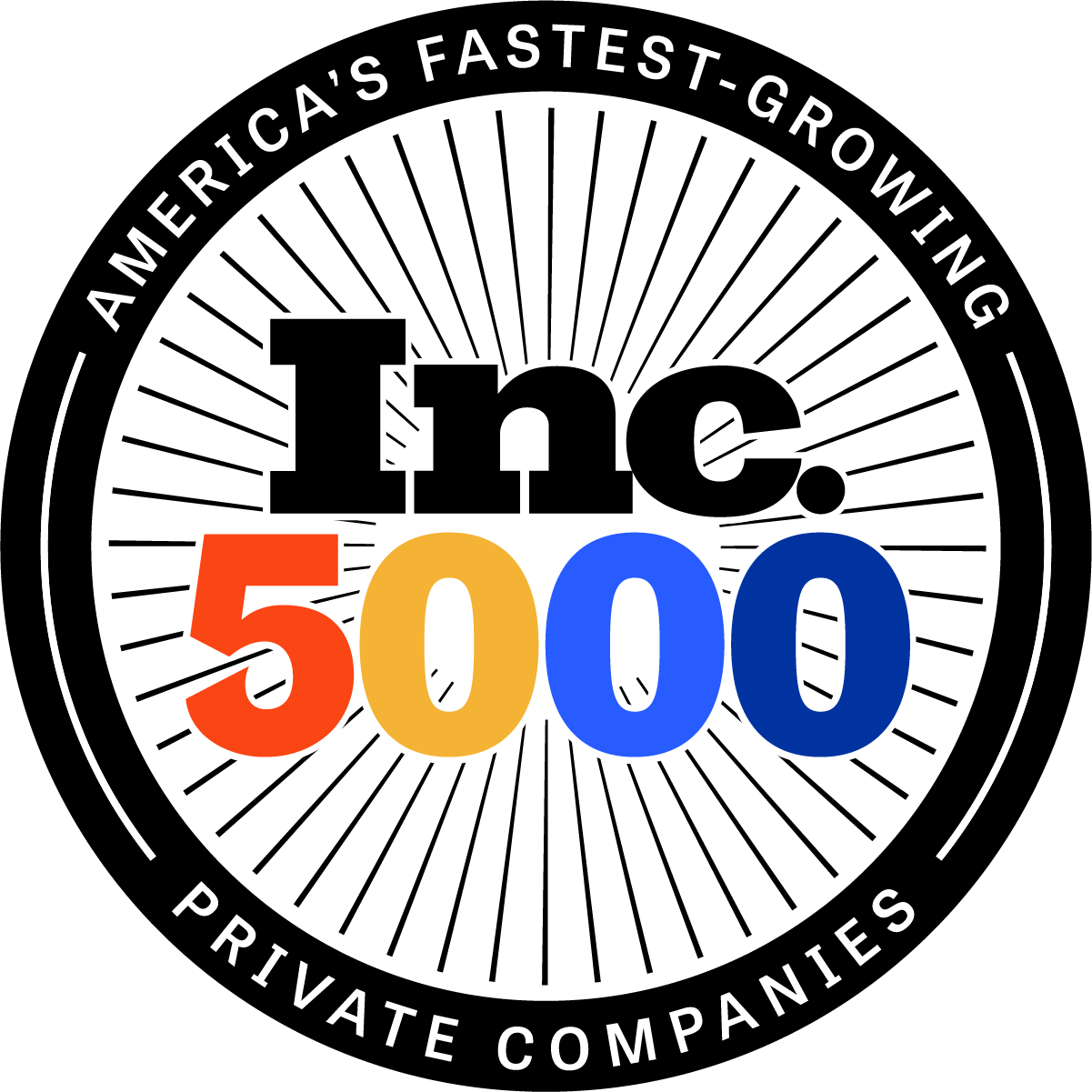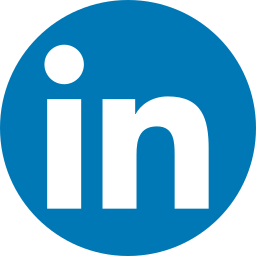When your business begins scaling rapidly, this can be a great opportunity to share your products and services with more individuals in your community and the world around you. However, this time can be simultaneously stressful because your company might not have all the resources to support your growing team. If this scenario sounds similar to yours, you might want to consider hiring a professional employer organization.
What Is a Professional Employer Organization?
A professional employer organization (PEO) is a company that provides a range of HR services and administrative services to businesses, typically on a co-employment basis. This means that the PEO becomes the employer of record for tax and legal purposes, while the client company retains day-to-day control over the employees. Services provided by a PEO can include payroll taxes processing, employee benefits administration, workers’ compensation, compliance with labor laws, and more. The goal of using a PEO is typically to help businesses save time and money on HR-related tasks and to reduce the risk associated with compliance and employee-related issues.

How Does a PEO Work?
A PEO works by entering a co-employment relationship with a client company. In this arrangement, the client firm still maintains daily management over the employees while the PEO assumes the role of employer of record for tax and legal reasons.
When a business signs up with a PEO, the PEO takes over many of the HR-related tasks that the business would otherwise have to handle on its own. These tasks can include the following:
- Payroll processing.
- Payroll taxes.
- Benefits administration.
- Workers’ compensation.
- Health Insurance.
- Compliance with labor laws.
- Recruiting and hiring.
- Performance management.
- Employee training and development.
- Employee handbooks and policies.
- Employee relations.
The PEO also assumes responsibility for various legal and compliance issues, such as ensuring that the business is in compliance with federal and state labor laws. Additionally, the PEO may provide additional services such as employee background checks, drug testing, and more. Discover more case studies on how businesses have benefited.
To enable the PEO to perform its functions, the client company will usually provide the PEO with access to its payroll and HR-related data and may also provide the PEO with certain rights to hire, fire, and discipline employees.
Who Can Use a PEO?
A Professional Employer Organization (PEO) can be used by any type of business, regardless of size or industry. PEOs work with small to medium-sized businesses, as well as large corporations, across a wide range of industries such as manufacturing, healthcare, construction, retail, and more.
Small businesses, in particular, can benefit from using a PEO as they often have limited resources and may not have a dedicated HR department to handle the various HR-related tasks. A PEO can help these businesses save time and money by taking on these tasks and can also help reduce the risk associated with compliance and employee-related issues.
Medium-sized businesses can also benefit from using a PEO as they are usually not large enough to have a full-time HR department, but they have more employees and more complex HR needs. A PEO can help them manage their HR process and compliance and provide access to a more comprehensive employee benefits package.
Large corporations can also use PEOs if they are looking to outsource certain HR functions, such as payroll processing, benefits administration, and compliance with labor laws. This can help them save time and money and can also minimize risks. Learn more about transitioning to a PEO.
Benefits of Using a PEO
The top benefits of using a PEO (Professional Employer Organization) are:
- Time and cost savings – PEOs can handle a wide range of administrative tasks, allowing business owners to focus on growing their businesses.
- Access to group benefits – PEOs have access to group rates for employee benefits, such as health insurance, which can save businesses money.
- Compliance and risk management support – PEOs can help businesses stay compliant with state and federal laws and can provide support in case of legal issues.
- Access to a wider range of services – PEOs can offer a wider range of services, such as employee training, performance management, and recruitment.
- Improved employee retention – PEOs can help improve employee engagement and satisfaction by providing access to a wider range of benefits and services, which can help businesses retain top talent.
Take Your Business Functions to the Next Level Contact Aspen HR today and discover how we can support your HR needs!

Are you tired of weighing your business down from HR- and compliance-related issues? Get in touch with our Aspen HR team today to learn how you can streamline your business to focus more on materializing your visions and goals. Get in touch with our team today to learn more about how hiring a PEO can immediately transform your business.







